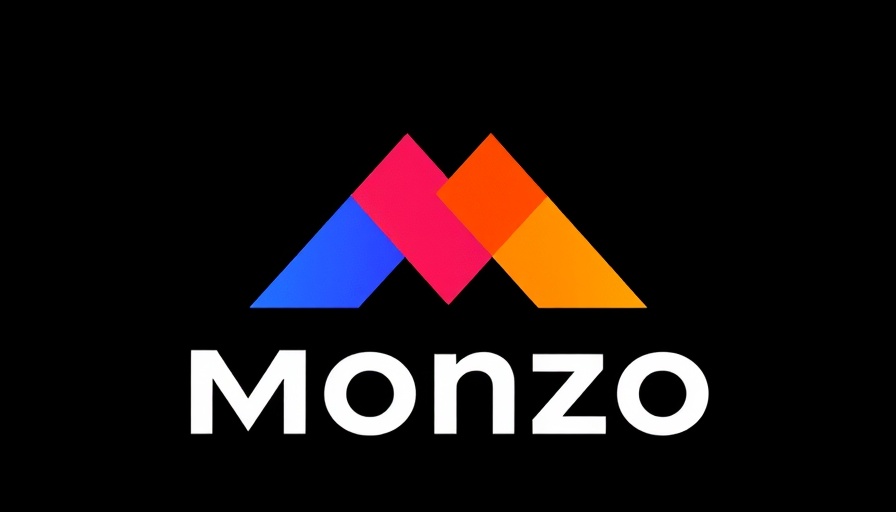
Monzo's Journey Towards a Potential IPO
After a decade of rapid growth and innovation, Monzo, the UK-based fintech company, is moving closer to its initial public offering (IPO) anticipated by late 2026. This milestone promises a significant return for early investors who participated in the crowdfunding rounds, turning their small contributions into substantial gains over time.
The Capital Gains Tax Conundrum
However, this anticipated success is shadowed by a crucial detail: Monzo's shares were never eligible for the Enterprise Investment Scheme (EIS) during their crowdfunding efforts. As a result, early investors may face capital gains tax (CGT) liabilities that weren't accounted for when they invested.
Specifically, the CGT allowance has sharply declined since Monzo's inception. For instance, the annual allowance was £11,300 in the fiscal year of 2017 when some investors made their first purchases, but it has since plummeted to just £3,000 for the 2025-26 year. A shareholder who invested £1,000 during the initial Crowdcube round could see a taxable gain of around £24,255 upon selling their shares at today's valuations, resulting in a potential tax bill of £5,821. Such taxes could catch many investors off guard, illustrating the importance of understanding tax implications in financial strategies.
The Importance of EIS in Crowdfunding
It is imperative for investors to ensure their investments are eligible for tax relief schemes like the EIS. This program provides various tax benefits intended to encourage investment in startups and small companies, facilitating a more attractive risk-reward ratio for investors. Monzo's case serves as a vital lesson for both investors and startups, emphasizing the need for clarity on eligibility for such financial benefits.
Conclusion
The evolving landscape of fintech investment opportunities highlights the intersection of innovation, crowdfunding, and tax implications that potential investors must navigate. Engaging with companies like Monzo can yield significant financial returns, but it’s essential to approach these investments with a well-informed strategy regarding tax responsibilities. Staying updated on changes in tax allowances can be the difference between profit and potential loss.
 Add Row
Add Row  Add
Add 




 Add Row
Add Row  Add
Add 


Write A Comment